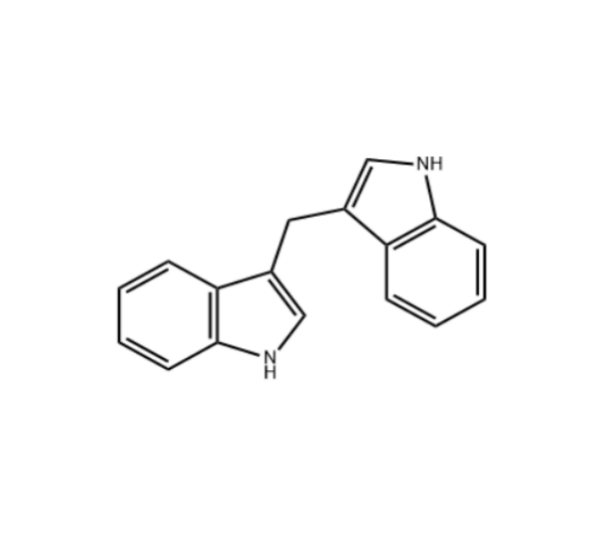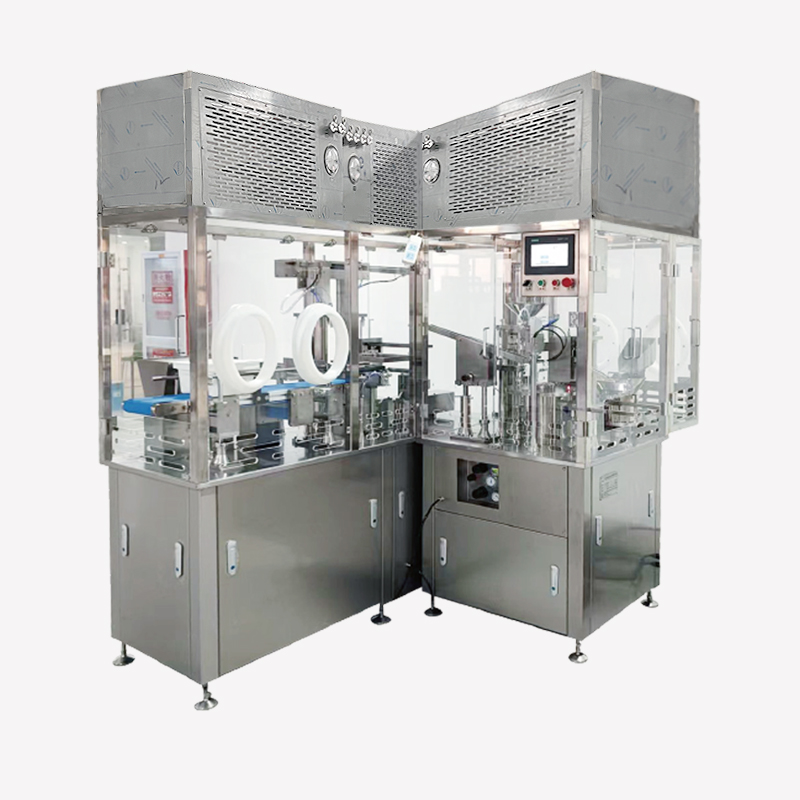A considerable proportion of patients with lung cancer are prescribed medications that prolong the corrected QT (QTc) interval, limiting their eligibility for clinical trials, according to a study published online in Clinical Lung Cancer.
Noting that concomitant use of medications that prolong the QTc interval can result in exclusion from clinical trials, Tri Le, M.D., from the UT Southwestern Medical Center in Dallas, and colleagues examined the prevalence of QTc-prolonging medication prescriptions in a national cohort of patients with a diagnosis of lung cancer from 2003 to 2016. Data were included for 280,068 patients with a mean age of 70 years.
The researchers found that 28.4 percent of patients had been prescribed a QTc-prolonging medication; 7.3 percent had been prescribed two or more agents in the three months preceding diagnosis of cancer. Antimicrobial agents, psychiatric agents, antiemetic agents, and cardiac medications were the most commonly prescribed QTc-prolonging medications (14.0, 10.2, 2.6, and 1.7 percent, respectively).
"Cancer clinical trial eligibility criteria have been broadly recognized to be overly stringent and hinder scientific progress," the authors write. "To balance patient safety and access to oncology trials, a greater understanding of the true effects and optimal management of QTc-prolonging medications among individuals with cancer is urgently needed."
Editor's Note:
En-CPhI.CN is a vertical B2B online trade platform serving the pharmaceutical industry,
for any copyright disputes involved in the reproduced articles,
please email: Julia.Zhang@ubmsinoexpo.com to motify or remove the content.





 ALL
ALL Pharma in China
Pharma in China Pharma Experts
Pharma Experts Market News
Market News Products Guide
Products Guide Brand Story
Brand Story























 Pharma Sources Insight January 2025
Pharma Sources Insight January 2025








